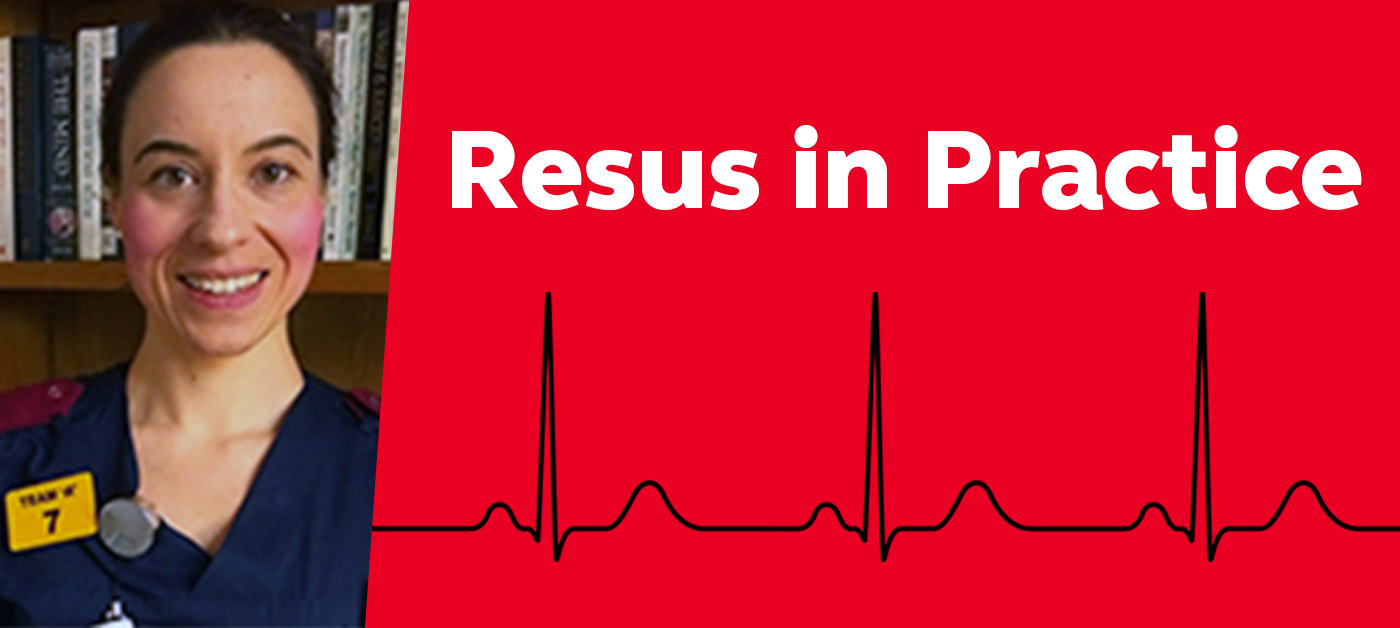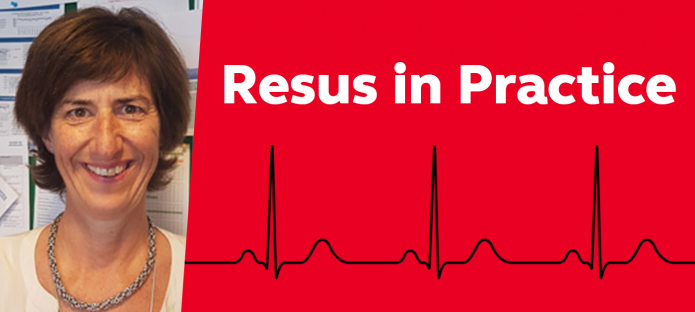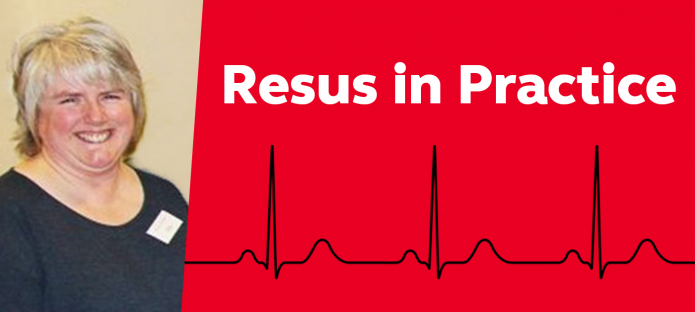Being a Resuscitation Officer is a dream come true for Marion De Almeida Santos.
It was Marion’s lifelong career ambition to be a Resuscitation Officer and, after working as a qualified nurse for ten years, she recently realised this ambition. She currently works at the Queen Elizabeth University Hospitals Birmingham NHS Foundation Trust and has also worked as a Resuscitation Officer for Worcestershire Health and Care NHS Trust and Gloucestershire Hospitals NHS Foundation Trust. Having had experience in different locations has been a good thing for Marion, and she really enjoys the diversity that being a Resuscitation Officer delivers. For her, the important principles remain the same wherever she works, but the challenge of delivering resuscitation courses varies between Trusts.
This diversity of experience has allowed her to both develop her clinical skills and adapt her teaching style and delivery.
As with most Resuscitation Officers, Marion’s days are varied with a focus on education and training, ensuring current guidelines are adhered to and evidence-based practice delivered. As part of a Resuscitation Service, she and her colleagues also put theory into practice and attend the resuscitation calls whilst working clinically.
This benefits the former nurse, who has a background in anaesthetics. Working in theatres and as part of the cardiac arrest team allows her to keep her skills up to date whilst supporting her colleagues. Auditing equipment, trolleys, training figures and DNACPR forms are part of the weekly checks to ensure standards are being delivered and maintained. Marion is currently the Paediatric Resuscitation Lead and liaises with clinicians over safeguarding and guidelines concerning children within the busy Trust.
The Queen Elizabeth Hospital is a vibrant and busy hospital with three cardiac arrest teams covering the hospital site. The resuscitation team currently operates on a 2222 ‘cardiac arrest’ calling criteria for both medical emergencies and cardiac arrests. As a team, they are currently undergoing a resuscitation team redesign and looking at new ways of working and team responses to medical emergencies and cardiac arrest calls.
It’s a great job, and definitely a dream come true for this driven and dedicated Resuscitation Officer. Marion is very passionate about her role – so much so that she is keen to let everyone know! She helps raise resuscitation awareness in the community and supports local initiatives in her own time.
Teaching is an important part of the job for her. “The best part of my job is teaching on resuscitation courses and then meeting clinicians at a cardiac arrest and seeing them develop into confident practitioners. Supporting clinicians and family members at stressful times is rewarding knowing that the team did everything they could in the circumstances,” she said.
She also values working in a community of Resuscitation Officers as part of the Resuscitation Service. The Resuscitation Service consists of eight Resuscitation Officers who are led by Tracey Clatworthy, the Lead Nurse for Resuscitation, Clinical Skills and Simulation. The team delivers a wide range of resuscitation courses including ALS, EPALS, GIC, APLS, FEEL, ILS, PILS and mandatory basic and hospital life support. The team also teaches on AIM which involves recognising and prioritising the management of acutely sick patients. As a Major Trauma Centre, the team also supports and co-ordinates trauma courses including ATLS and ETC. Marion helps deliver courses which have been designed to maintain safety and improve efficiency in training. This involves e-learning programmes for basic and hospital life support followed by a ‘hands on’ assessment.
It’s a busy life for Marion, but she still finds time to give back and support public campaigns for CPR education and awareness. Each year for the Restart a Heart campaign, Marion and the team participate in raising awareness and recognition of cardiac arrests and demonstrate the use of public access AEDs.
“The feedback from the public is overwhelming and it is a very rewarding and enjoyable day,” she says – and we can’t help but agree!


